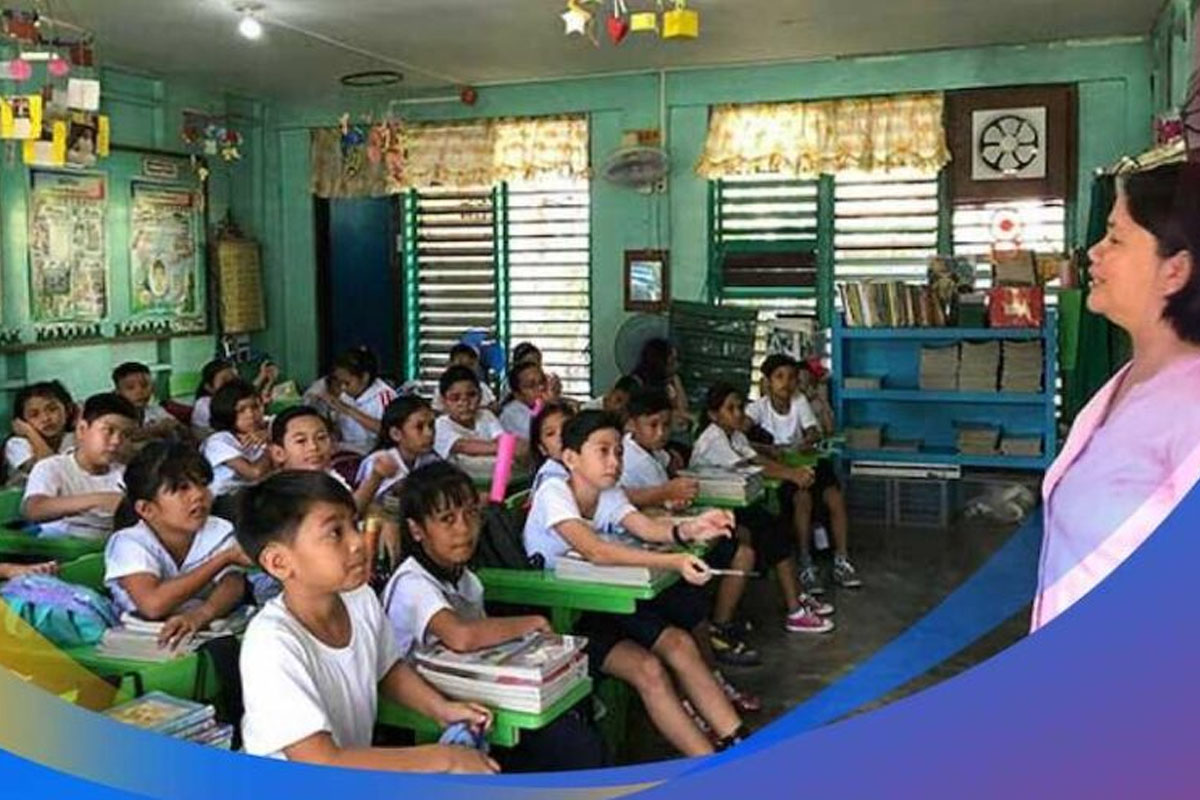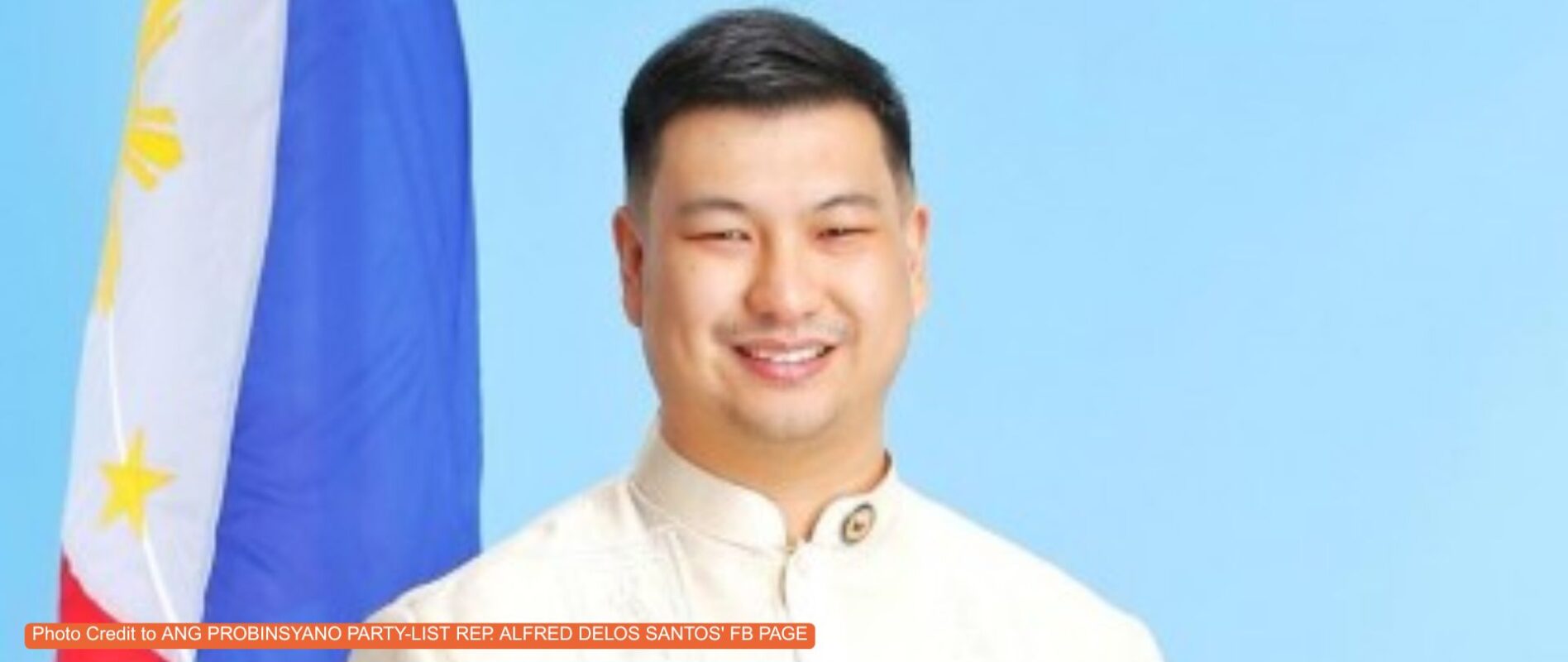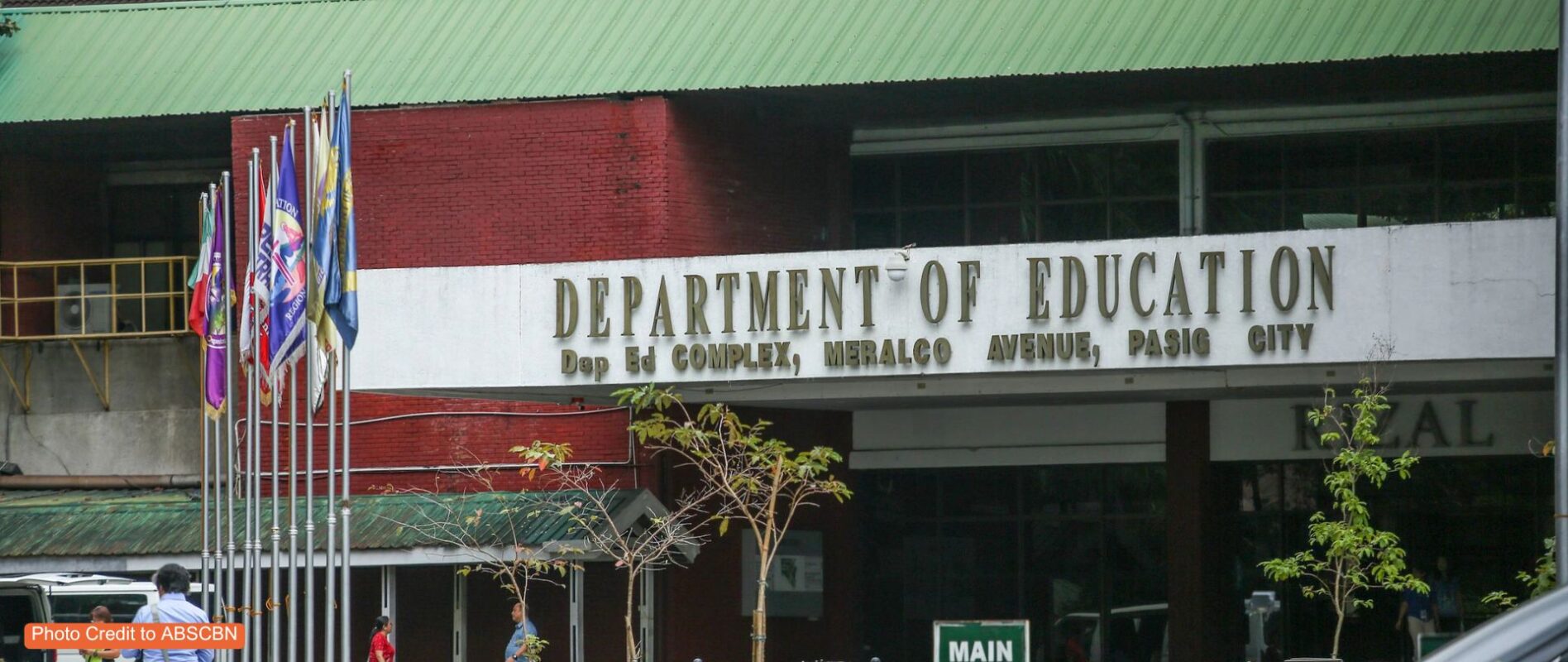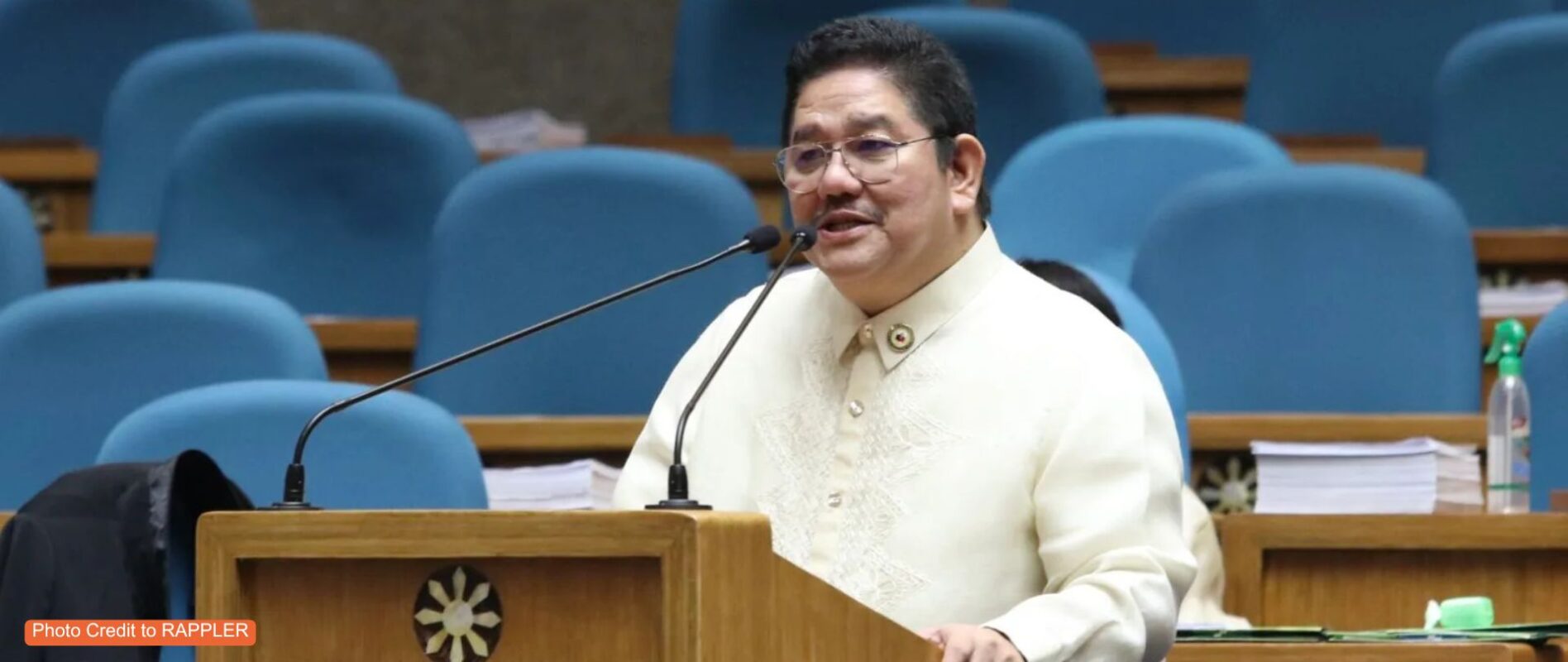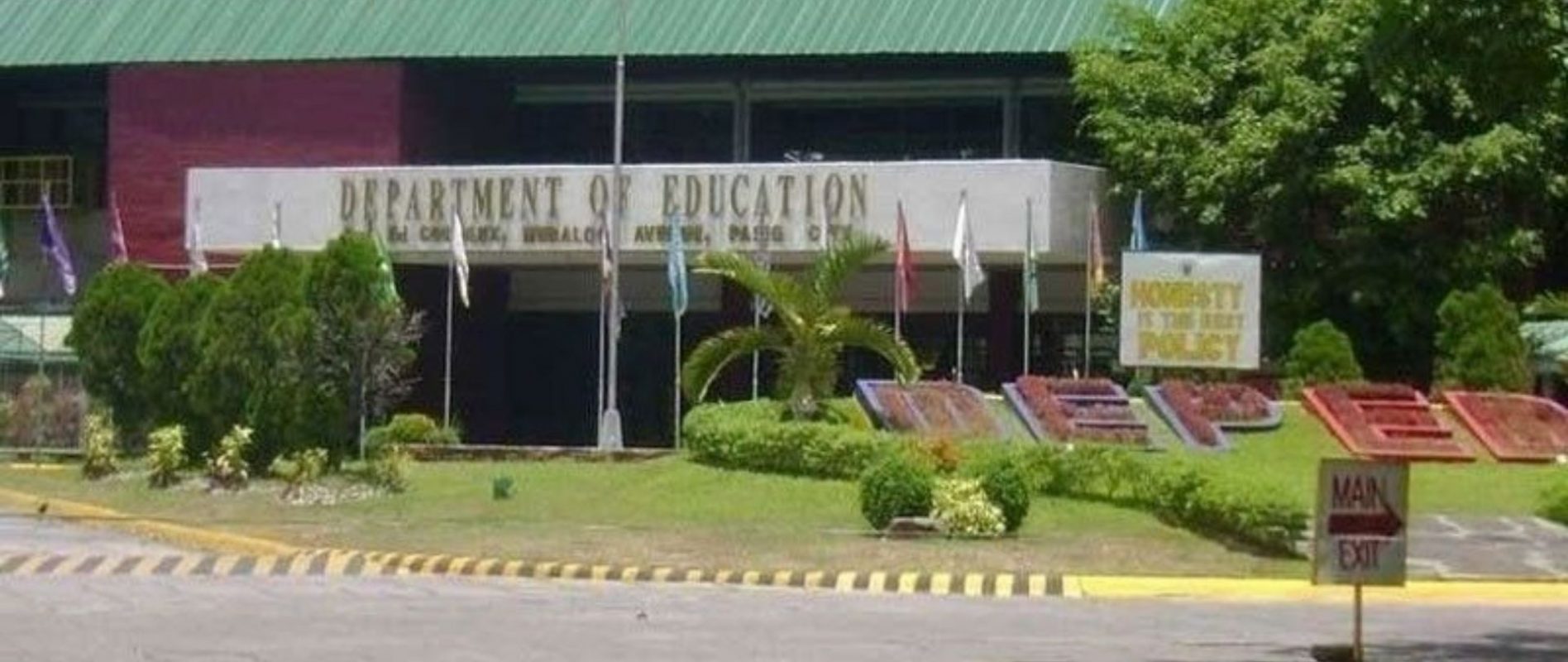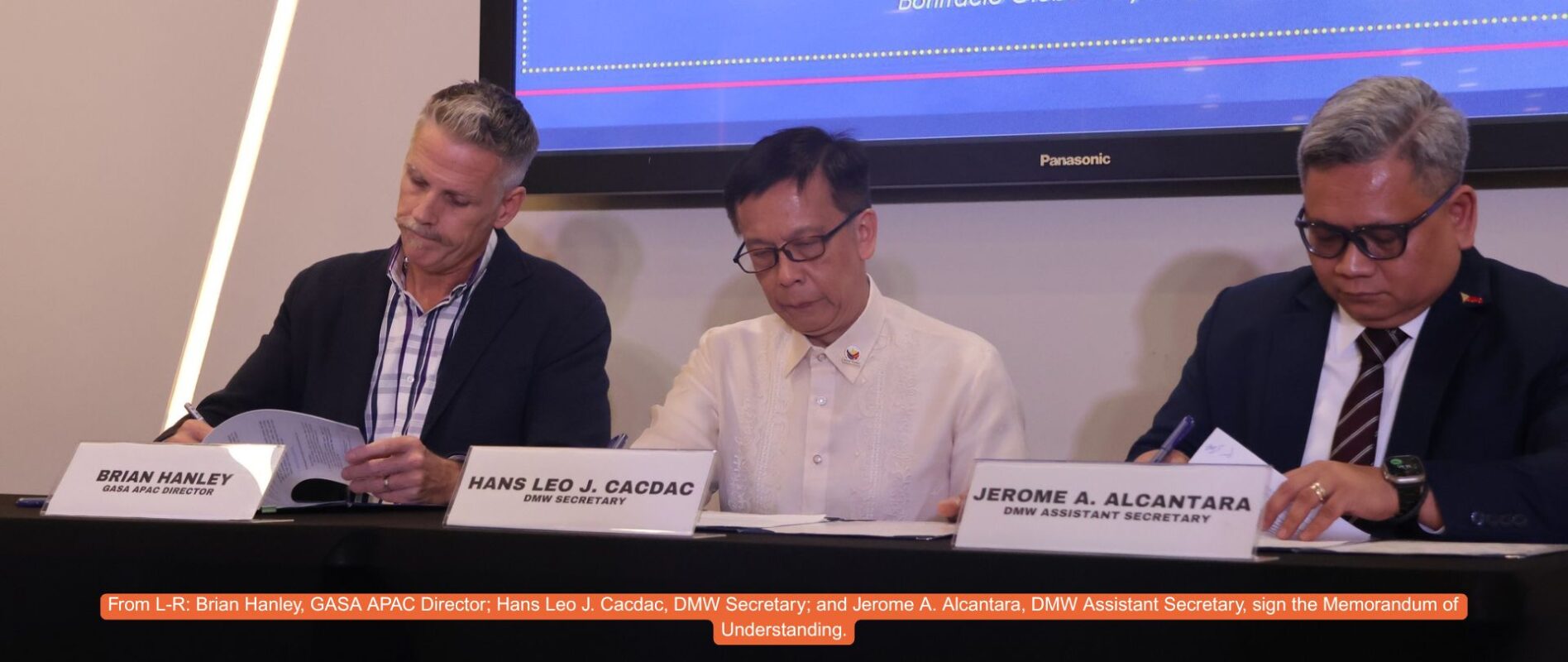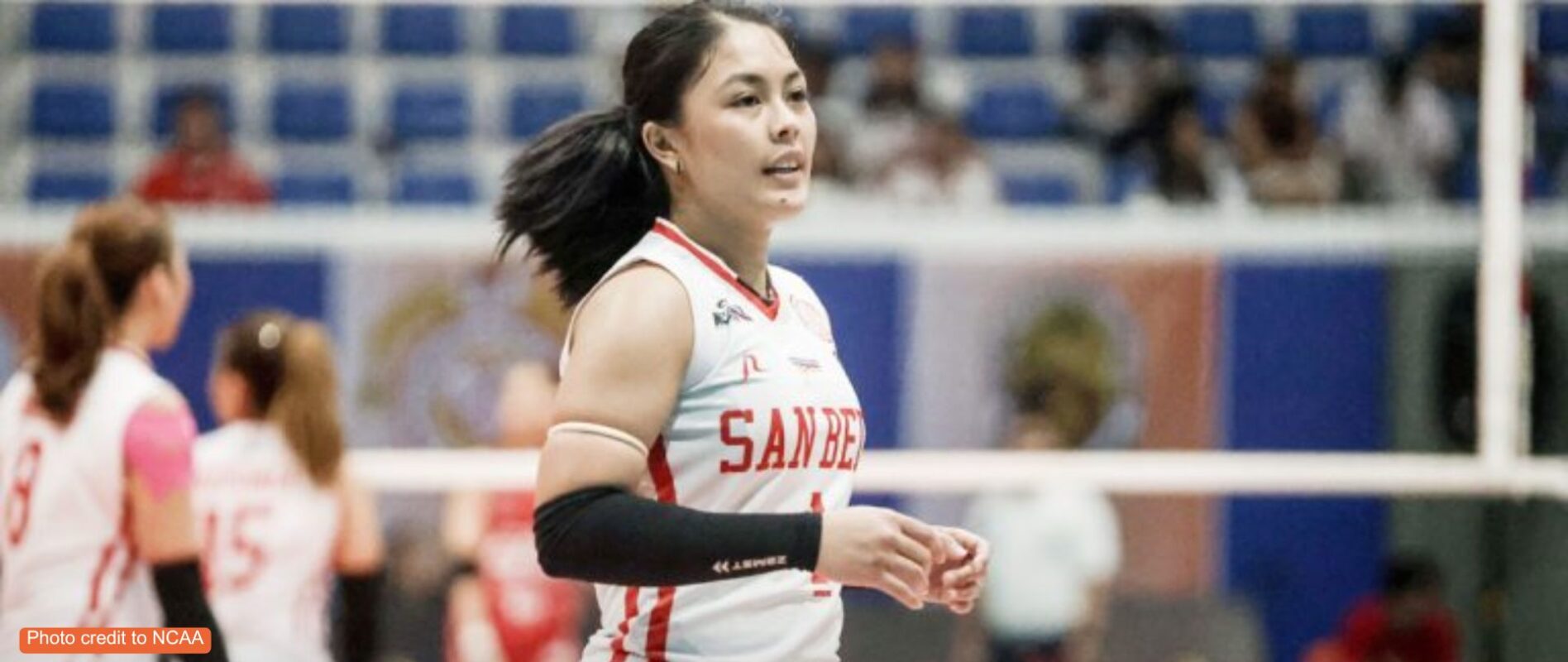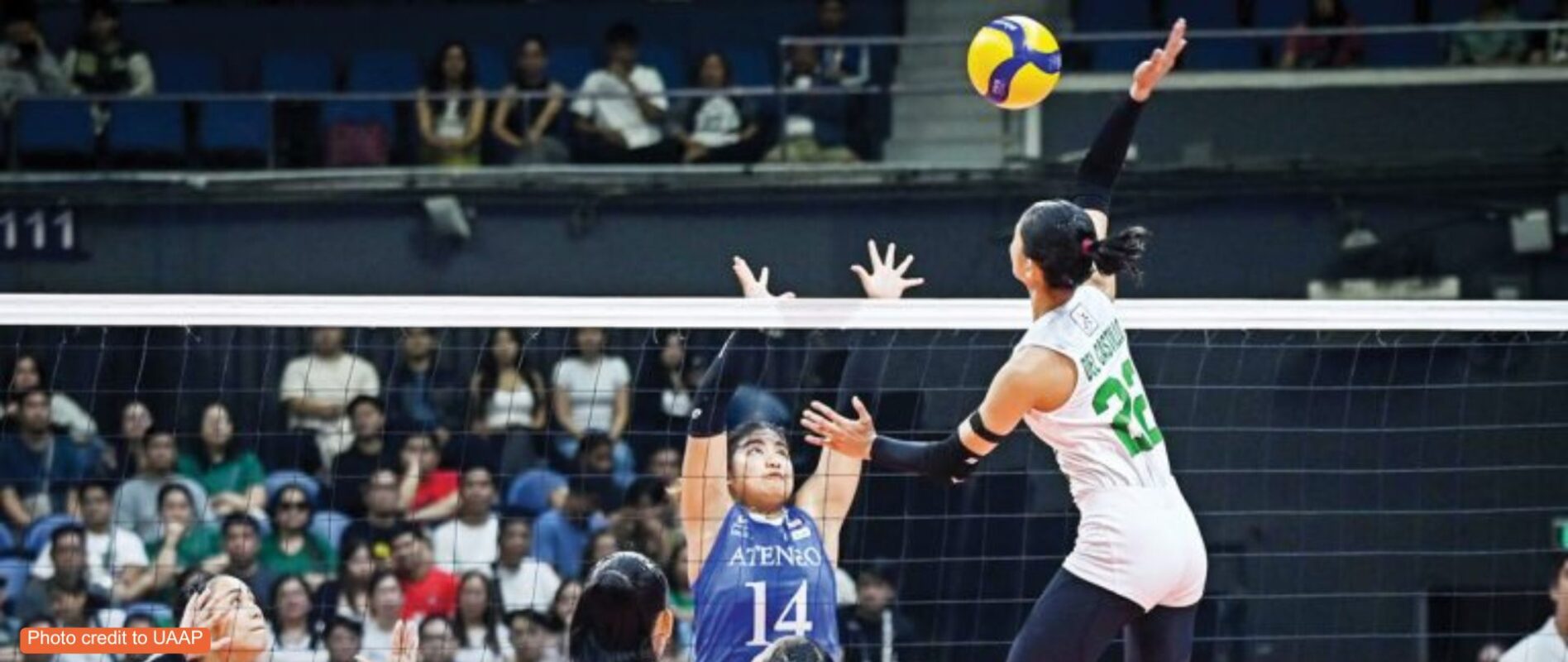DEPED BOOSTS FINANCIAL EDUCATION IN K-12 PROGRAM
THE DEPARTMENT of Education has expanded the integration of financial education in the Kindergarten to Grade 12 Basic Education Curriculum to improve the financial literacy and capability of learners, teachers, and personnel.
The DepEd issued its Financial Education Policy under which the National Educators Academy of the Philippines, the Teacher Education Council —Secretariat for teachers-in-training, and the Bureau of Human Resource and Organizational Development will provide capacity and competency building activities to teachers, leaders, teachers-in-training, and non-teaching personnel.
Learners will be taught key financial concepts and skills on earning, saving, spending, budgeting, donating, investing, planning, consumer protection and entrepreneurship. They will also learn and understand the value of money and resources, how they are acquired, how to plan and manage assets, and how to save and share.
They will also learn how to open a savings account and manage their resources prudently.
“Financial Education is vital in developing a financially literate citizenry, empowering them to make wise financial decisions, take advantage of economic opportunities, and achieve financial health” Education Secretary Leonor Briones said.
“Financial literate citizens can contribute more productively to inclusive growth and be more effective agents of nation building,” she added.
The policy covers all learners from public and private elementary, junior and senior high schools, learning centers for Special Education and Alternative Learning Systems, and Indigenous Learning Systems and Madrasah Education Program.
Laboratory Schools of State Colleges and Universities and Local Colleges and Universities were also encouraged to adopt the policy.

